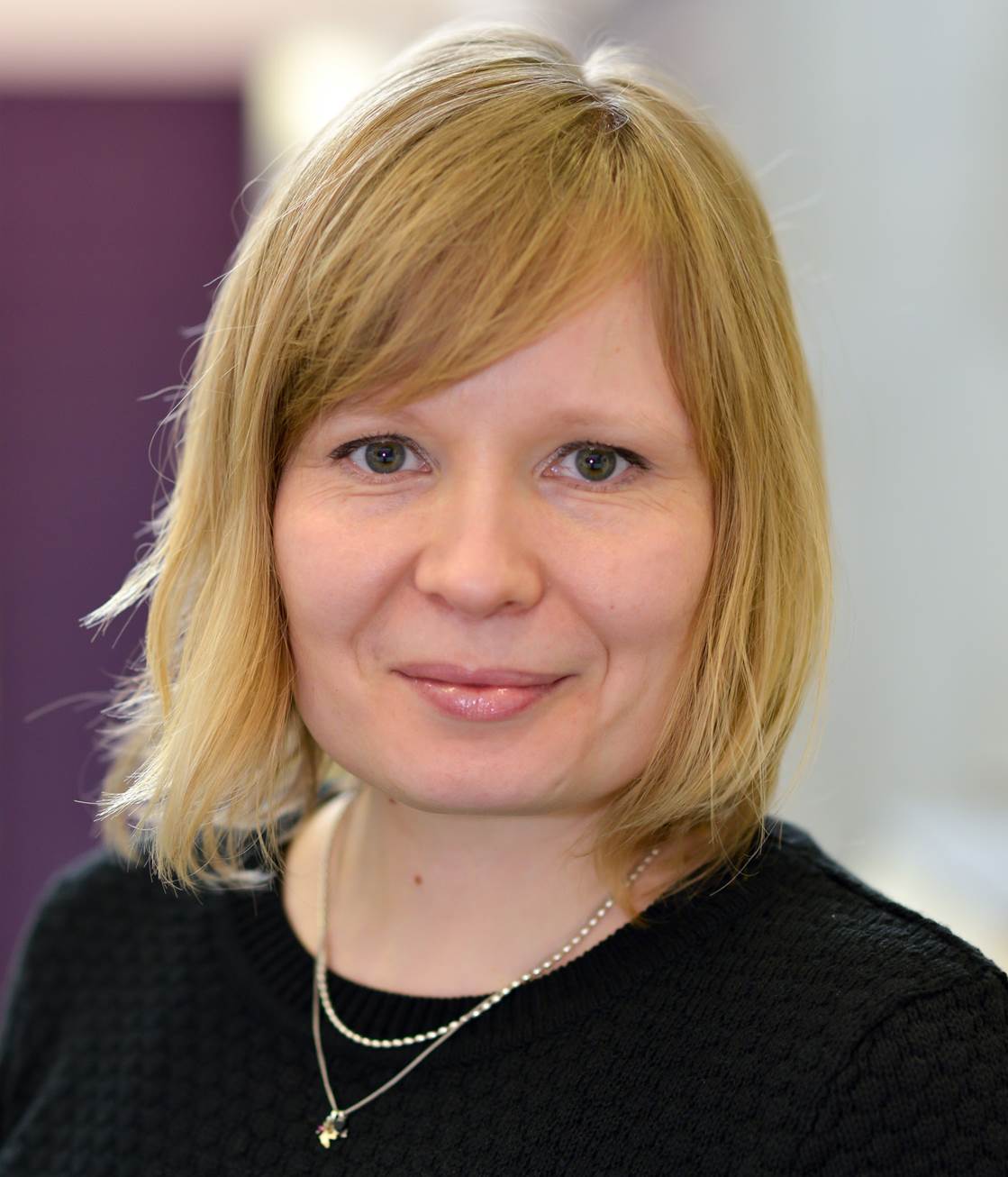When the price of the world’s most widely-traded commodity halves within a 6-month period, it has a tendency to draw attention from governments, industry and the media alike. North Sea oil has recently been selling at around $45 per barrel, a 6-year low following a fairly steady average of around $110 since mid-2011 (fig. 1). This is not the first time we have seen dramatic changes in the oil price, either; in the months and years preceding the 2008 crash, economists and policy makers were getting used to the idea of impending $150+ oil. In the month of August that year alone, it plunged by 70%. For now, the price is potentially beginning to level off, but the volatility of the oil markets is sure to remain an important part of the economic sphere far into the future.
Fig. 1: Brent Crude was trading at $48.50/bbl on January 28th 2015. A year earlier it was nearly $110/bbl. (FT markets)
What does the recent price fall mean for the nascent sustainable energy transition? Some see it as bad news; falling oil prices mean higher demand, more carbon emissions and less interest in sustainable alternatives. We’ve already begun to hear tales of increased SUV sales in the US, and as the price of natural gas is linked to that of oil (in Europe at least) it might be the case that gas-fired electricity generation could become more attractive, offsetting renewables.
On the other hand, in many regions like Europe, renewable generation is mandated by national and regional policy – utilities have to derive a certain amount of electricity from these sources – and many governments have put in place price incentives to do so, with Germany (and others’) Feed-in Tarriffs a prime example. Renewables are thus sheltered to some degree from the kind of market activity we have recently seen. In fact, the whole point of these subsidies is to provide an incentive for their use, and the more we deploy these technologies the cheaper they become; a phenomenon which has been borne out in recent years. ‘Grid parity’, whereby the levelised costs of renewable energy becomes competitive with coal and gas, is now a reality in many places, particularly for solar PV, and is soon to become so elsewhere. Meanwhile, it’s becoming ever more apparent that the volatility of oil and gas isn’t going to stop any time soon, leaving this kind of energy use (be it in electricity generation or petrol) vulnerable to short- and long-term fluctuations.
But instead of just waiting for cheaper sustainable energy, why not level the playing field? Fossil fuels enjoy enormous subsidies from governments every year – far more so than renewables. The IEA estimates that in 2010 subsidies to the fossil fuel industry amounted to $409 billion worldwide, with those to oil companies representing almost half of the total. These are generally in the form of tax allowances for exploration and production companies, by governments who are keen to see investment in their economy. But, as unconventional oil and gas (such as that from shale or tar sands) is increasingly relied upon, the costs of production are growing which in turn drives up the cost of subsidies. What’s more, many of the highest subsidy rates are in emerging nations such as Venezuela, Algeria and Egypt, which ties up a significant amount of potential government revenue which is much needed elsewhere within their economies.
If governments were to begin phasing out these subsidies, companies would pass these extra costs through to consumers. Hence, energy prices would inevitably be driven up – a politically-challenging issue for any policy maker. However, with recent market events we find ourselves in the very unique situation of falling prices of clean energy alongside the low price of oil, gas and coal; removing handouts to industry now would cause the least amount of pain for consumers worldwide, whilst bolstering the growth of sustainable alternatives. We could go further, too. Effective carbon pricing – much discussed but long unattainble – is unlikely to be much easier to implement in the future than it is now. Though it would drive up (currently low) costs in the short term, it would do wonders in spurring the development of sustainable energy forms, as investors are provided a clear indication of the direction of government policy and an incentive to act.
As The Economist recently put it, policy makers should act boldly and “Seize the Day”, scrapping “nonsense” energy policy and replacing it with more prudent alternatives. Though it would require significant co-ordination and political will (perhaps bravery), the imperative to act has never been greater; this year’s UN climate talks in Paris are regarded by some as the last chance to make a meaningful and effective global agreement, and recent research on unburnable carbon highlights the need to leave the majority of proven reserves in the ground. It seems obvious, then, that governments should begin a concerted effort to reign in an industry whose business model is incompatible with a sustainable future.
Biography
 Jack Miller began his PhD with SPRU and CIED in September 2014, conducting research into the role of energy efficiency in economic growth. His work centres upon the concepts of ‘exergy’ and ‘useful work’, or the portions of energy inputs into the economy which can prove useful to economic activity and societal needs. He completed an MSc in Energy Policy for Sustainability with SPRU in 2014, having undertaken a project looking at the prospects for future shale gas development in the US. He has a degree in Physics (MPhys hons, University of Sussex, 2013), and has previously taught maths and physics from KS3 to first-year undergraduate level.
Jack Miller began his PhD with SPRU and CIED in September 2014, conducting research into the role of energy efficiency in economic growth. His work centres upon the concepts of ‘exergy’ and ‘useful work’, or the portions of energy inputs into the economy which can prove useful to economic activity and societal needs. He completed an MSc in Energy Policy for Sustainability with SPRU in 2014, having undertaken a project looking at the prospects for future shale gas development in the US. He has a degree in Physics (MPhys hons, University of Sussex, 2013), and has previously taught maths and physics from KS3 to first-year undergraduate level.








